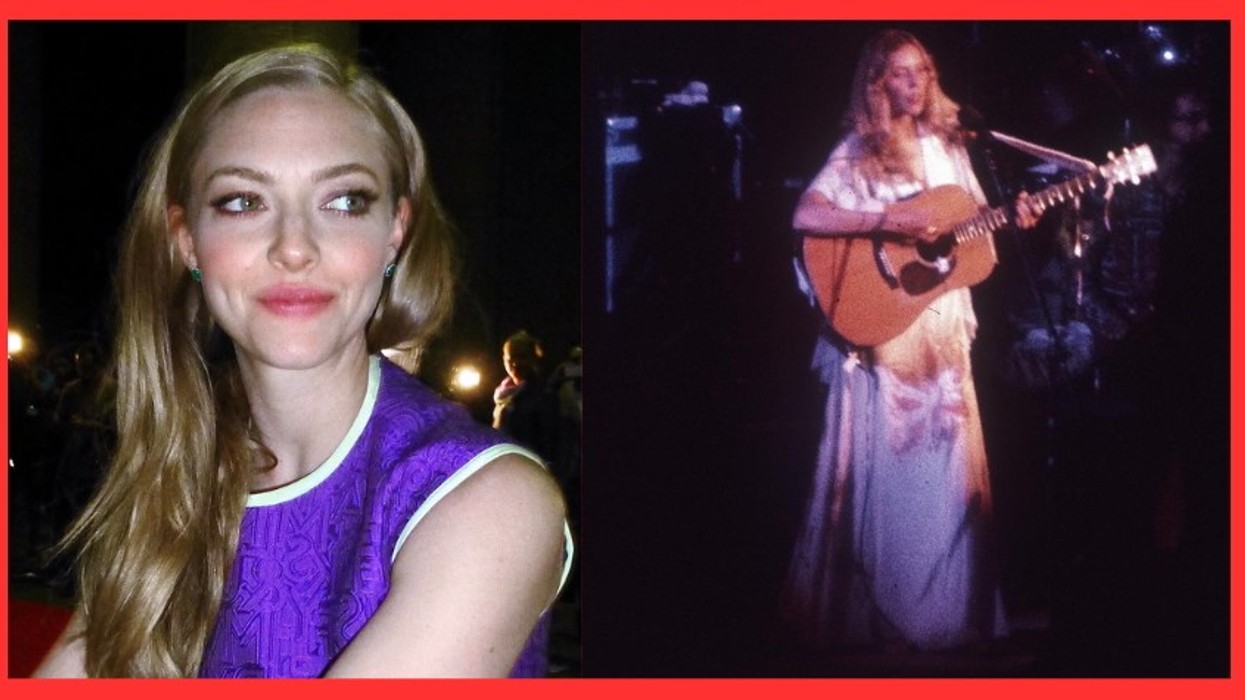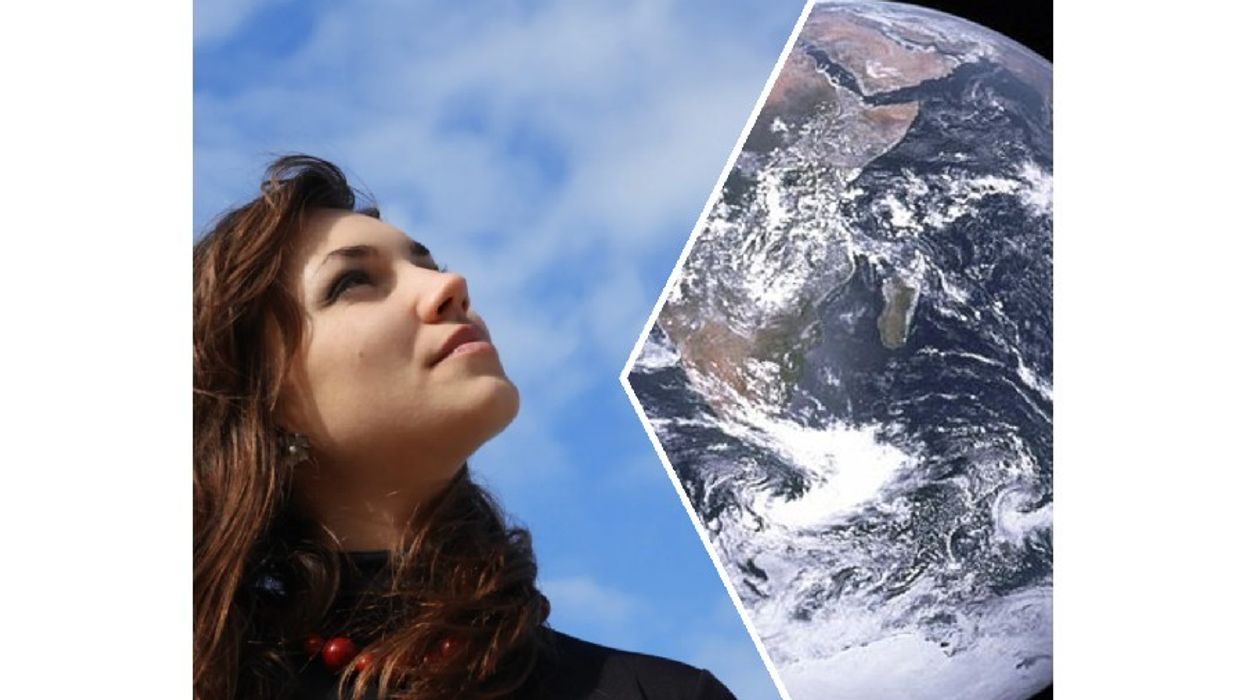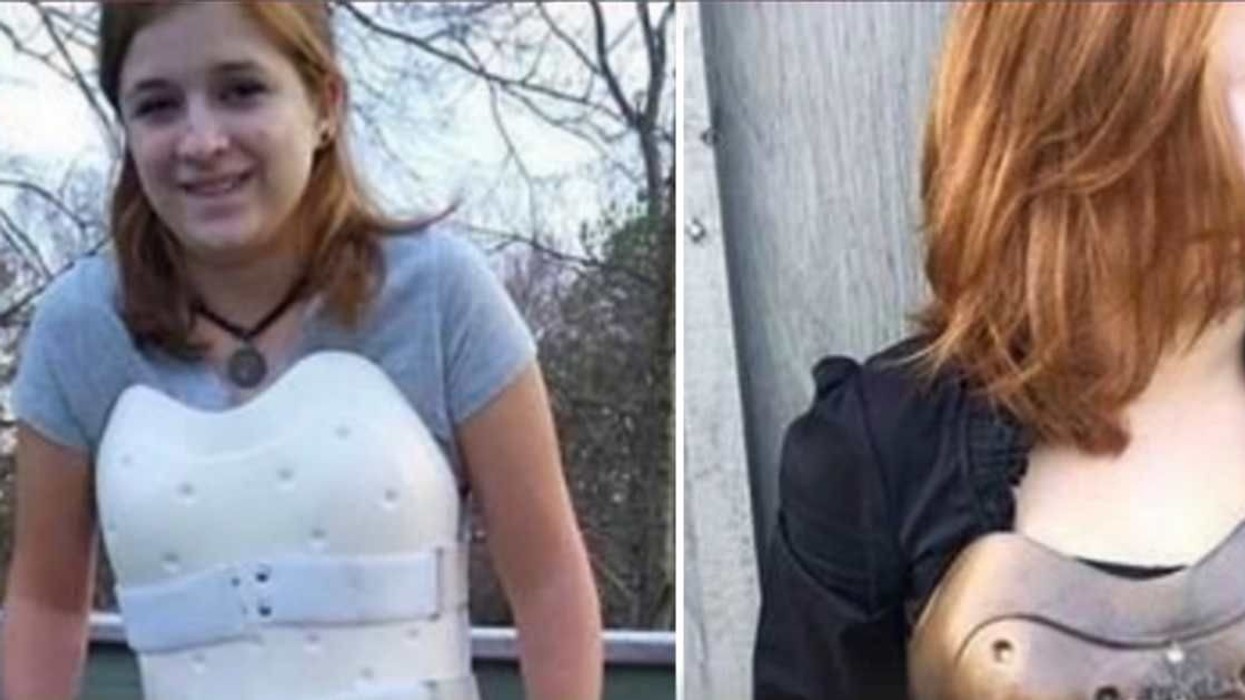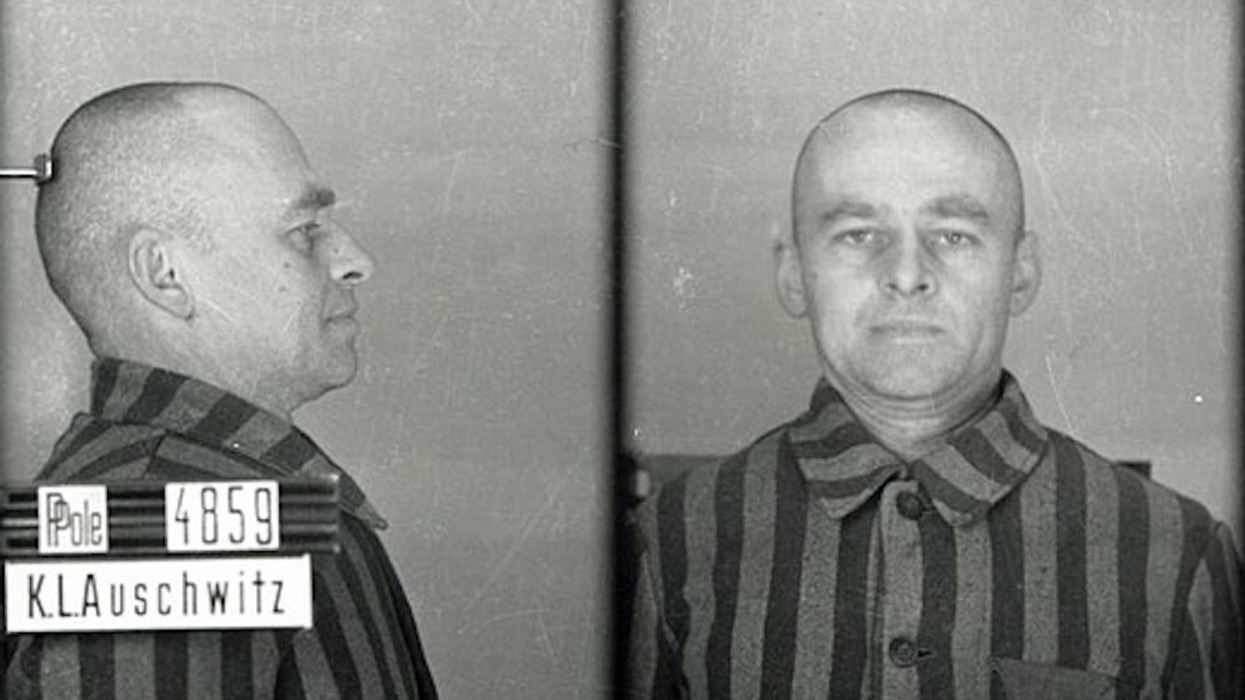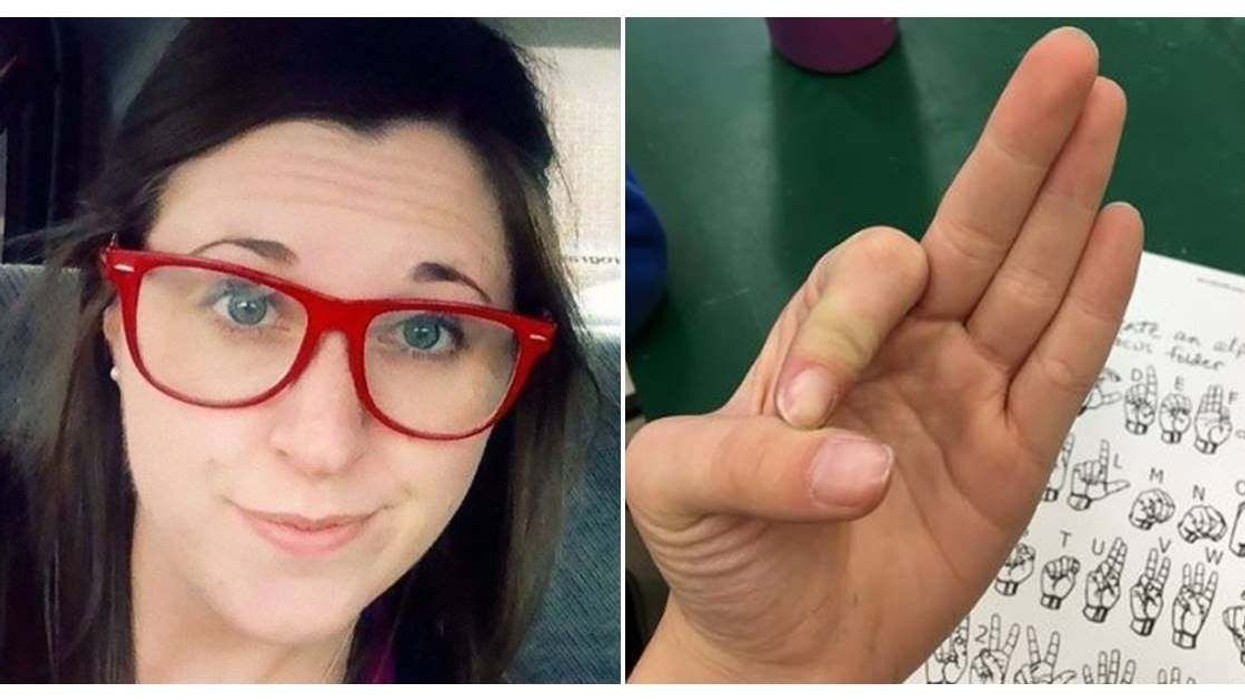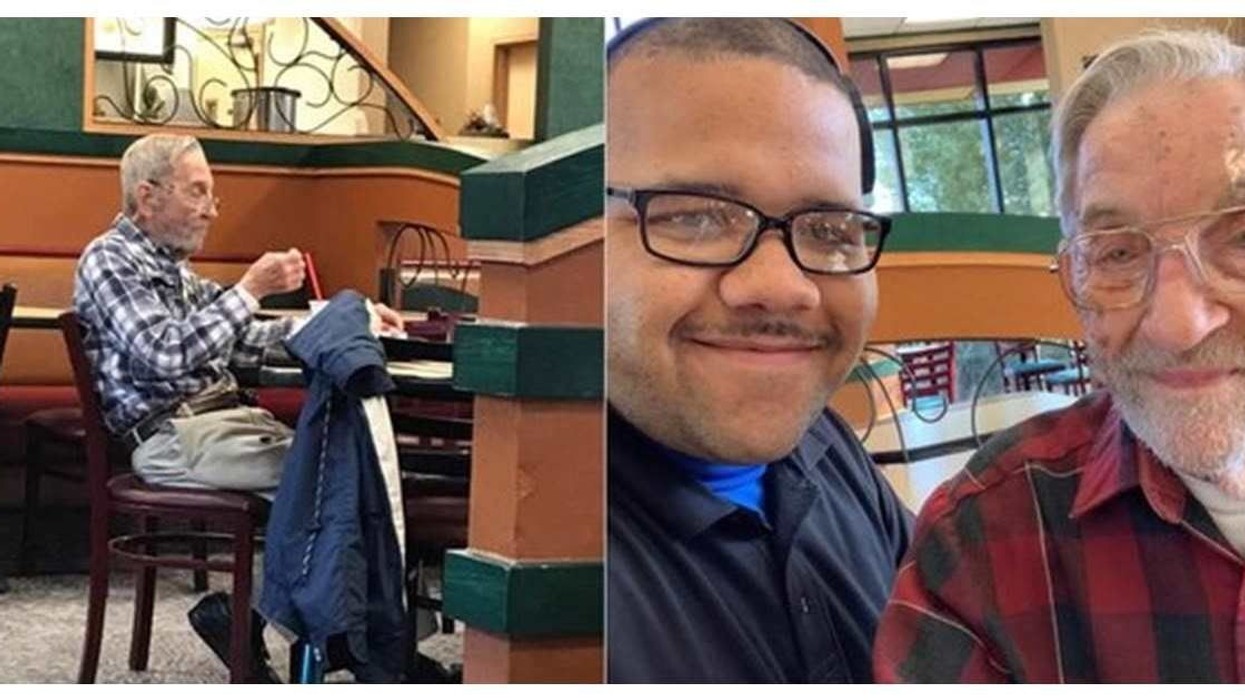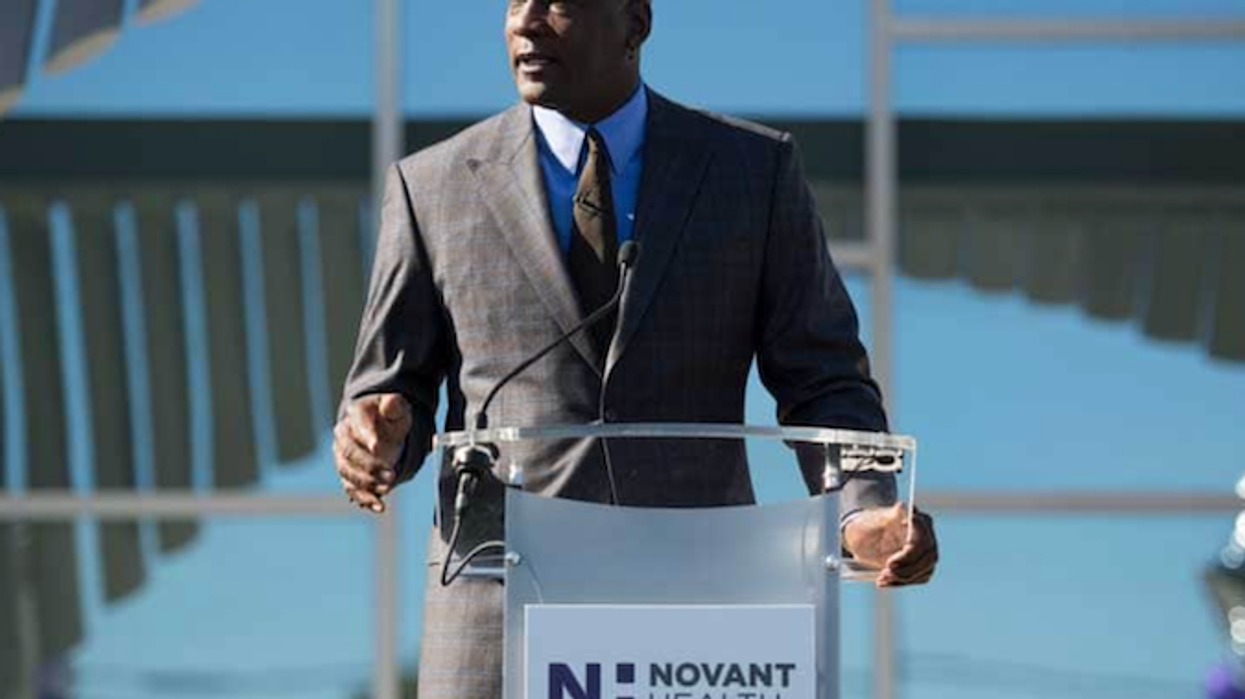Americans consume 400 million cups of coffee per day. According to the International Trade Centre, 16 percent of all raw coffee imports in the United States are "certified." With names like “Rainforest Alliance” and “Bird-Friendly,” these eco-certifications sound like they’re making the world a shade greener. Of course, these high-end, small-scale certifications will only make coffee truly sustainable when everyone opts in. “The whole goal of sustainability would be to make it the accepted [...] standard for business,” says Steve Johnsen, director of office services at the National Wildlife Federation. But it’s a start. “If only the well-off can afford eco-label coffee, let them buy it,” Johnsen says. “Over time, advances will be made that will benefit everybody.” Below, a guide to demystifying the many eco coffee labels, from green frogs to flocks of birds.
The label: Follow the frog to support the Rainforest Alliance and the Sustainable Agriculture Network.
The draw: Stave off deforestation. Rainforest Certified ensures that coffee farms continue to provide a habitat for birds, while protecting the livelihood of coffee farmers.
Your contribution: Your support will aid environmental protections while encouraging social equity and economic viability for workers—they must be paid minimum wage and have the right to organize.
FYI: More than 2 million farmers, farm workers and their families directly benefit from Rainforest Alliance certification.
The label: Look for a globe with a figure holding two baskets. The “Fair Trade Certified Mark” is the unique to Fair Trade products in the United States.
The draw: Support farmers in developing nations. This label sets standards for workers and farmers to be paid for their work and produce.
Your contribution: The development premium not only pays farmers’ wages, but also helps them invest in social development programs like education, health care, clean water and job training. It encourages sustainable farming methods and forbids child labor.
FYI: Since 2008, Fair Trade certification has helped the U.S. coffee industry deliver nearly $45 million in premiums to hardworking coffee farmers, with $11 million sent in 2010.
The label: Search for a flock of birds hovering over a pile of coffee beans. The Smithsonian Migratory Bird Center at the National Zoological Park established this label in 1998.
The draw: Save the birds. Bird Friendly coffees are the only ones on the market that are 100 percent shade-grown, fair trade, and organic. “Shade-grown” means that the coffee plant leaves are protected from direct sunlight beneath a canopy of larger trees. While newer sun-tolerant hybrid plants produce a substantially higher amount of coffee than a shade tree, they are detrimental to the environment and require an excessive amount of agrochemical attention. Not to mention that the taller, shade-bearing trees are hacked down to make more room for the sun-tolerant plants.
Your contribution: For each pound of beans sold, a dime is donated to the Smithsonian Migratory Bird Center’s research and conservation programs.
FYI: These coffees must be Certified Organic and shade-grown.
The label: Keep your eyes peeled for the words “USDA Organic,” and you’ll rest assured that your coffee is made of at least 95 percent organic ingredients. Certified Organic follows standards set by the USDA National Organic Program.
The draw: When you buy organic, your cup cuts out synthetic pesticides and fertilizers, antibiotics, genetic engineering, exposure to radiation, and sewage sludge.
Your contribution: Your support will further help environmental conservation efforts, ecological balance, and renewable resources.
FYI: The USDA does not have authority over the use of the term “organic” in a brand name, so don’t be fooled by imposters who simply use “organic” in their titles. Always check for the USDA seal.
The label: Look for the bold words “UTZ CERTIFIED Good inside” printed on a maroon banner. UTZ is actually short for "Utz Kapeh", which means "good coffee" in Mayan Quiché.
The draw: Keep your coffee sustainable. UTZ wants to create “socially and environmentally responsible coffee.” UTZ teaches sustainability practices at farms in developing countries, thereby raising the standard of living for a number of farming communities.
Your contribution: By drinking UTZ CERTIFIED, you’re supporting a sustainable movement that operates under a strict code of conduct. The UTZ code centers on implementing good agricultural and business practices, being environmentally-friendly, and protecting workers by adhering to labor laws and providing health care and access to child education.
FYI: UTZ focuses on traceability, which allows buyers to trace their beans’ origins. You can purchase your first bag (and then track your coffee’s roots) at IKEA.
The label: Counter Culture wanted to raise the bar in the coffee trade by focusing on fairness, communication, and quality. It works with USDA accreditor, Quality Certification Services, to set and comply with standards.
The draw: Buy direct. Counter Culture encourages direct, personal relationships with the farmers who make its high-end coffees. This means biennial visits at a minimum, and paying farmers at least $1.60 per pound of green coffee (this exceeds the Fair Trade floor price by 19 percent). Direct Trade coffee also sets a high bar for quality and taste: Samples must all score at least 85 on a 100-point scale.
Your contribution: In addition to ensuring that farmers are paid a fair price for their work, you’re also supporting independent coffee farmers who may have been neglected by other labels because they were not co-op members.
FYI: While Counter Culture provides a label for “Direct Trade,” other coffee roasters also focus on the similar “Direct Trade” concept. Chicago-based Intelligentsia Coffee & Tea first popularized the term, and belongs to “The Direct Trade Coffee Club,” which features four other roasters who have signed the Direct Trade Pledge.
Photo via (cc) user CIAT International Center for Tropical Agriculture
